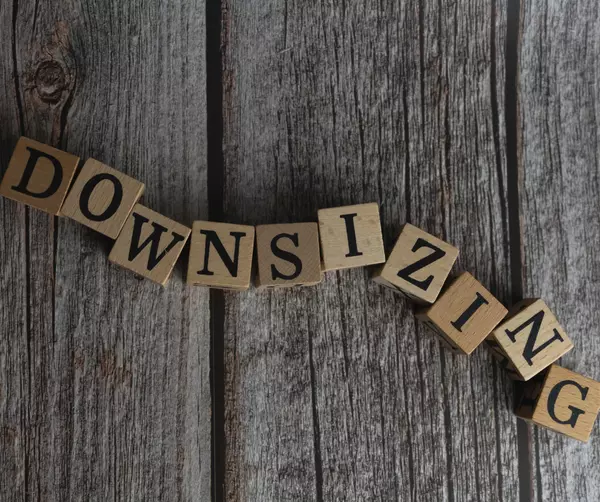
Is Now a Good Time to Buy or Sell? Let’s Break It Down
The real estate market is always moving—sometimes fast, sometimes slow—but one question never changes:“Is now a good time to buy or sell?” The truth is, the right time depends on both market conditions and your personal goals. But if you’re considering making a move soon, today’s market offers some

What’s My Home Worth? Discover It Instantly with a Home Value Calculator
Owning a home isn’t just about having a roof over your head — it’s about building equity, wealth, and future possibilities. Your home is more than where you live… it’s an investment, and like any investment, it deserves regular monitoring. But here’s the big question most homeowners eventually ask:

Remodeling ROI: Which Home Upgrades Pay Off the Most?
Thinking about remodeling your home but not sure where to start? 🤔 Whether you’re planning to sell soon or simply want to boost your property’s value, understanding which projects offer the best return on investment (ROI) can help you make smart decisions 💡 💰 Why Remodeling ROI Matters Remodeling
Recent Posts










